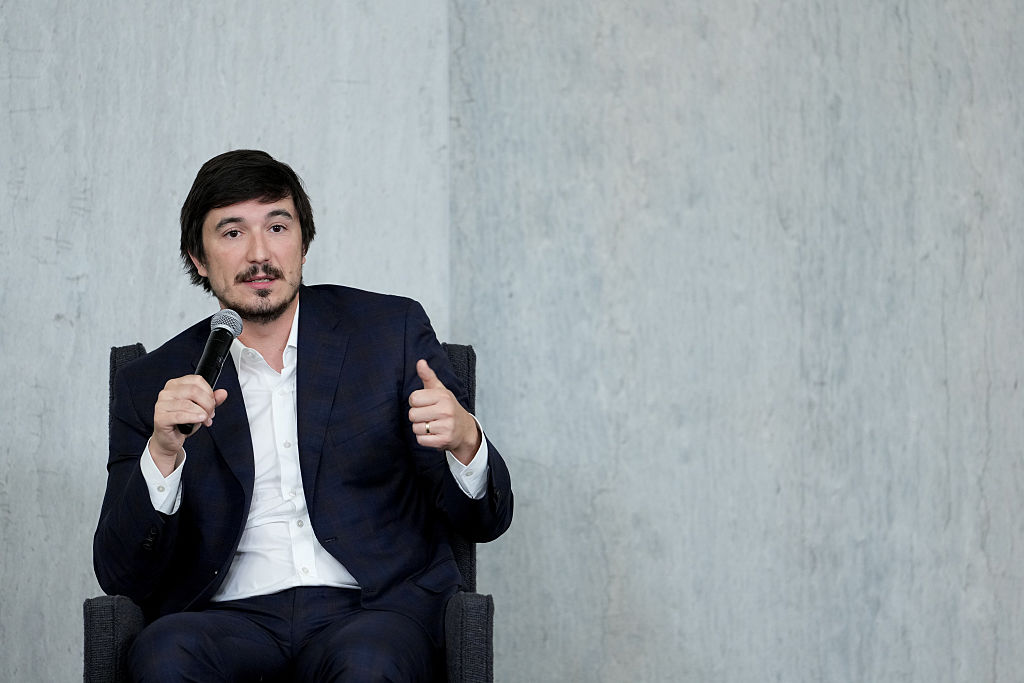Prediction markets, which allow users to bet in real time on everything from elections to the Super Bowl, are suddenly big business and growing fast. Robinhood underscored that during the company’s Q3 earnings announcement on Wednesday afternoon, stating that prediction markets have grown to $100 million in annualized revenue, and that revenue in October from the category eclipsed that of the entire previous quarter.
Robinhood CEO Vlad Tenev spoke about prediction markets numerous times during a live earnings event in San Francisco, where he took questions from investors, analysts, and reporters. But even as Tenev portrayed prediction markets as an important new pillar of growth, he made clear Robinhood is unlikely to build one of its own.
Currently, the company relies primarily on a partnership with Kalshi to provide the exchange underlying most of Robinhood’s prediction market offerings. The startup, along with rival Polymarket, exploded in popularity in 2024 during the U.S. Presidential election campaign, thanks in part to a court ruling that overturned a longtime regulatory position that most prediction markets were illegal. While Kalshi and Polymarket remain the dominant players, other challengers are emerging.
Tenev said Robinhood doesn’t intend to compete with these startups, but that it will instead continue to rely on its mass distribution channels to entice those firms to enter partnerships.
“When we think about vertical integration … one thing we look at is, is the vertical integration going to be accretive to us? Is it going to be something that is increasingly commoditized over time? And my feeling for how this is going to evolve, in prediction markets at least, is there’s going to be a lot of entrants in the space, a lot of exchanges,” explained Tenev.
Robinhood’s head of brokerage, Steve Quirk, echoed those sentiments following the formal earnings presentation. When asked by Coins2Day whether the company would consider acquiring Kalshi outright, Quirk said he saw no advantage to doing so since the current business arrangement—which sees Robinhood take a cut of every prediction market bet—is serving it well.
The upshot is that Robinhood executives appear to believe they have an upper hand when it comes to prediction markets thanks to the company’s massive distribution network, which Tenev said numbers over 26 million U.S. Customers, and spans mobile and desktop channels.
The vast majority of recent prediction markets growth has come from sports betting, a category that has come online only recently owing to legal uncertainty. Betting on college football and the NFL likely helped Robinhood post, according to the company, 2.5 billion prediction market contracts in October.
The discussion came as Robinhood posted third quarter results that beat analyst expectations for both revenue and earnings.












